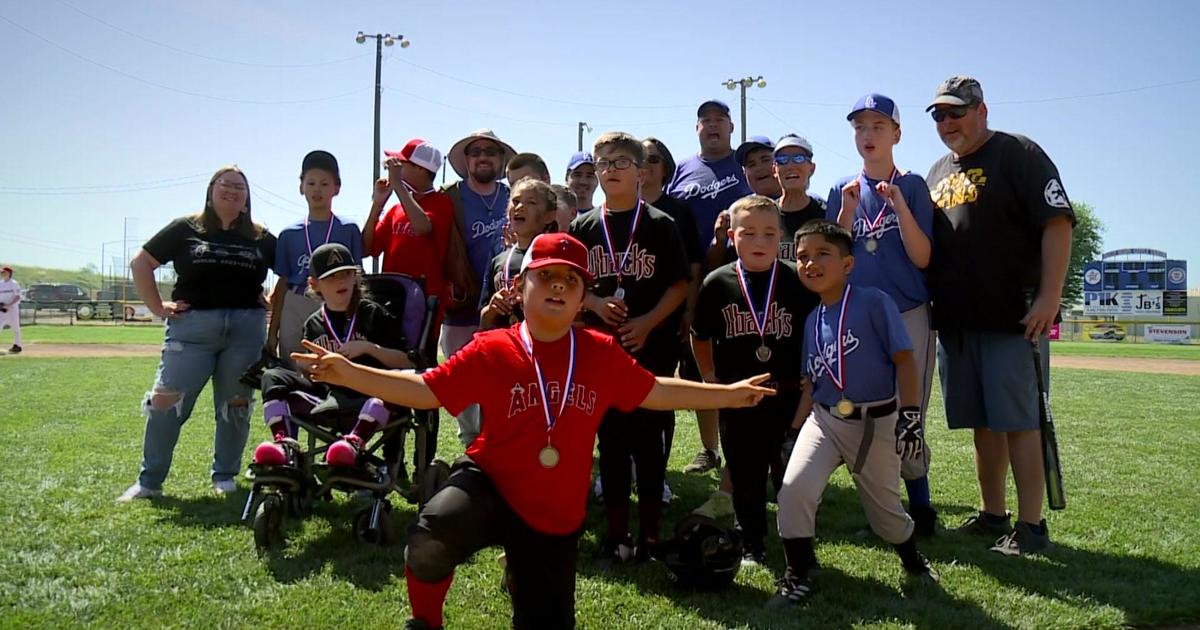Nintendo President Satoru Iwata, 55, Moved From Developer To Leadership At Gaming Giant
TOKYO (AP) — Satoru Iwata, who led Japanese video game company Nintendo Co. through years of growth with its Pokemon and Super Mario franchises, died on the weekend of a bile duct tumor, the company said Monday. He was 55.
There was an outpouring of sorrow on Twitter for Iwata as a person who carved out an entertainment legacy. Fans thanked him for childhood memories and for bringing families together.
"He didn't just create technology. He created a whole culture," said Nobuyuki Hayashi, a consultant and technology expert. "It wasn't just a consumer product that he had delivered. He brought to people something that's eternal, what people remember from when they were kids. He was special."
Iwata, president from 2002, died Saturday in a Kyoto University hospital. He had not been seen recently at game events, such as E3 in Los Angeles, where he was usually a participant.
Iwata led Nintendo's development into a global company, with its hit Wii home console and DS handheld, and also through its recent woes caused by the popularity of smartphones.
His replacement was not immediately announced, but the company said star game designer Shigeru Miyamaoto will remain in the leadership team along with Genyo Takeda, who is also in the game development field.
Iwata had been poised to lead Nintendo through another stage after it recently did an about-face and said it will start making games for smartphones, meaning that Super Mario the plumber would soon start arriving on cellphones and tablets.
The falloff in appetite for game machines in the past few years was partly because people are increasingly playing games or doing social media and other activities on smartphones. Nintendo has repeatedly had to lower prices on gadgets to woo buyers.
Until the recent shift in strategy, company officials including Iwata had repeatedly rejected the idea of developing games for mobile devices, a market that they brushed off for years as irrelevant.
In March, Nintendo announced an alliance with Japanese mobile game company DeNA Co. to develop games for mobile devices.
The company returned to profit in the fiscal year ended March 2015 after several years of losses.
Nintendo pioneered game machines since the 1980s, developing one of the first machines and the hit Game Boy hand-held machine.
Its main rivals in the business are Sony Corp. with the PlayStation machines and Microsoft Corp. with the Xbox One machine.
Iwata succeeded Hiroshi Yamauchi, who ruled over the Kyoto-based company for half a century, transforming it from a traditional playing-card company to a technological powerhouse. Yamauchi died in 2013 at 85.
Iwata was picked, with Yamauchi's blessing, and Yamauchi remained adviser for many years. Iwata had been employed at an innovative software company before he was recruited as Nintendo chief. He was tapped as president at a surprisingly young age, in his early 40s, for a Japanese company.
Iwata was a respected and popular figure in the game industry, partly because he was relatively more approachable than executives at other Japanese companies, who tend to be aloof and rigid in demeanor.
As news of Iwata's death spread online, condolences and virtual tributes emerged on social media and on Miiverse, Nintendo's online community where users can post notes and drawings created with a Nintendo 3DS or Wii U stylus.
"Halo" and "Destiny" developer Bungie posted a quote from Iwata's 2005 talk at the Game Developers Conference on Twitter: "On my business card, I am a corporate president. In my mind, I am a game developer. But in my heart, I am a gamer."
Iwata remained a presence in Nintendo promotional materials up until his death. While he had been absent from the Electronic Entertainment Expo for the past two years due to his health, Iwata appeared in both human and puppet form in a humorous video presentation streamed June 16 during the gaming expo.
Miyamoto, the Nintendo game designer, said he was shocked and saddened.
"We will upkeep the development approach that we built with Iwata, and we in the development team hope to keep working as one to build toward the future," he said in a statement.
A funeral service will be held on July 17. He is survived by his wife Kayoko. The company declined to disclose other details of his family.



